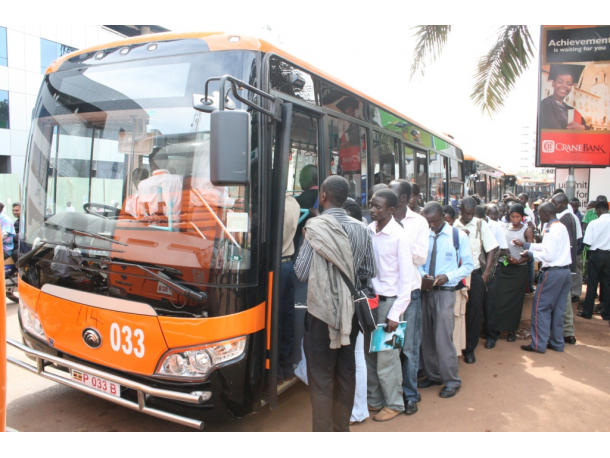Breaking News
- Flexible Remote Work Opportunity for University Students: Earn $100–$250 Per Month ...Read More
- Ministry of Education and Sports Azerbaijan Government Scholarships For 2025-2026 Academic Year ...Read More
- Government Sponsorship Undergraduate Admission Lists 2025-26 for Makerere University ...Read More
- Ministry of Education And Sports: Egyptian Government Scholarships 2025-2026 Academic Year ...Read More
- Ground Breaker Full Scholarship for girls to study Software Engineering 2025 July Intake ...Read More
- Tony Elumelu Foundation Entrepreneurship Programme (TEEP) 2025 for young African Entrepreneurs ...Read More
- DESIGNING FUTURES 2050 International Design Competition 2025 (€15,000 prize) ...Read More
- Ground Breaker Full time Scholarship for girls to study Software Engineering 2025 Intake ...Read More
- Ministry of Education And Sports Algerian Vocational Training Scholarships for 2024-2025 AY ...Read More
- Ministry of Education and Sports Advert for the Algerian Government Scholarships for 2024-2025 ...Read More
Transportation Attendants, Except Flight Attendants
Provide services to ensure the safety and comfort of passengers aboard ships, buses, trains, or within the station or terminal. Perform duties such as greeting passengers, explaining the use of safety equipment, serving meals or beverages, or answering questions related to travel. Sample of reported job titles: Bus Aide, Bus Assistant, Bus Attendant, Bus Monitor, Conductor, Deckhand, Fare Enforcement Officer, School Bus Aide, School Bus Monitor, Transportation Aide
Add to FavouritesDaily Tasks
1. Secure passengers for transportation by buckling seatbelts or fastening wheelchairs with tie-down straps.
2. Provide boarding assistance to elderly, sick, or injured people.
3. Respond to passengers' questions, requests, or complaints.
4. Determine or facilitate seating arrangements.
5. Provide customers with information on routes, gates, prices, timetables, terminals, or concourses.
6. Perform equipment safety checks prior to departure.
7. Issue and collect passenger boarding passes and transfers, tearing or punching tickets as necessary to prevent reuse.
8. Greet passengers boarding transportation equipment and announce routes and stops.
9. Count and verify tickets and seat reservations and record numbers of passengers boarding and disembarking.
10. Explain and demonstrate safety procedures and safety equipment use.
11. Open and close doors for passengers.
12. Signal transportation operators to stop or to proceed.
13. Adjust window shades or seat cushions at the request of passengers.
14. Transport baggage or coordinate transportation between assigned rooms, terminals, or platforms.
Key Knowledge Areas
Transportation — Knowledge of principles and methods for moving people or goods by air, rail, sea, or road, including the relative costs and benefits.
English Language — Knowledge of the structure and content of the English language including the meaning and spelling of words, rules of composition, and grammar.
Customer and Personal Service — Knowledge of principles and processes for providing customer and personal services. This includes customer needs assessment, meeting quality standards for services, and evaluation of customer satisfaction.
Public Safety and Security — Knowledge of relevant equipment, policies, procedures, and strategies to promote effective local, state, or national security operations for the protection of people, data, property, and institutions.
Key Skills
Service Orientation — Actively looking for ways to help people.
Active Listening — Giving full attention to what other people are saying, taking time to understand the points being made, asking questions as appropriate, and not interrupting at inappropriate times.
Social Perceptiveness — Being aware of others' reactions and understanding why they react as they do.
Speaking — Talking to others to convey information effectively.
Monitoring — Monitoring/Assessing performance of yourself, other individuals, or organizations to make improvements or take corrective action.
Coordination — Adjusting actions in relation to others' actions.
Persuasion — Persuading others to change their minds or behavior.
Reading Comprehension — Understanding written sentences and paragraphs in work related documents.





























































































